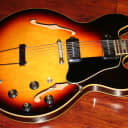
That listing sold. Check out the similar listings below.
Jump To

Own one like this?
Make room for new gear in minutes.Compare 0 Listings
Product Details
Gallery
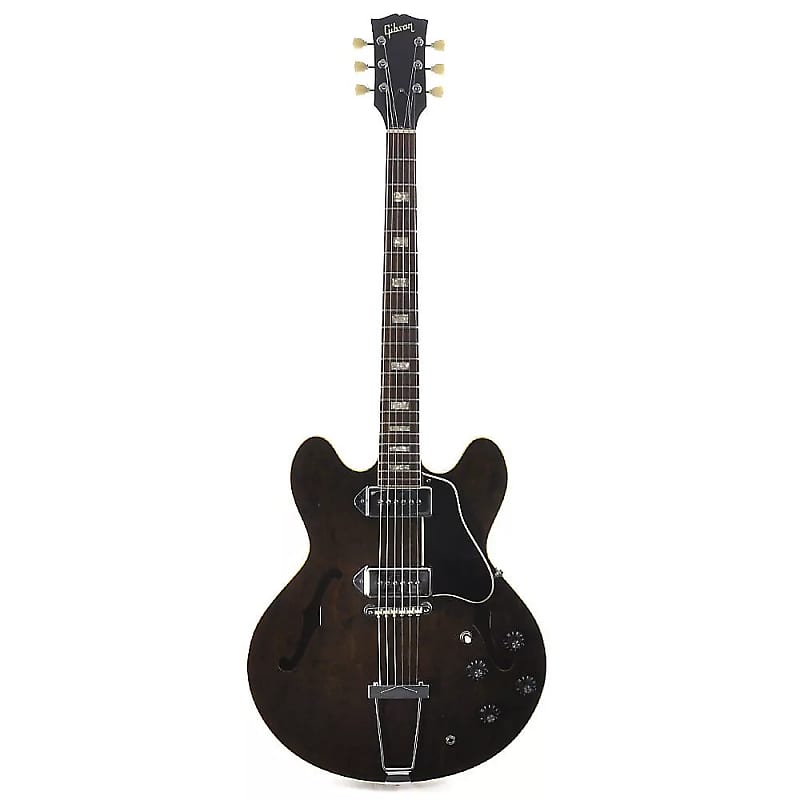

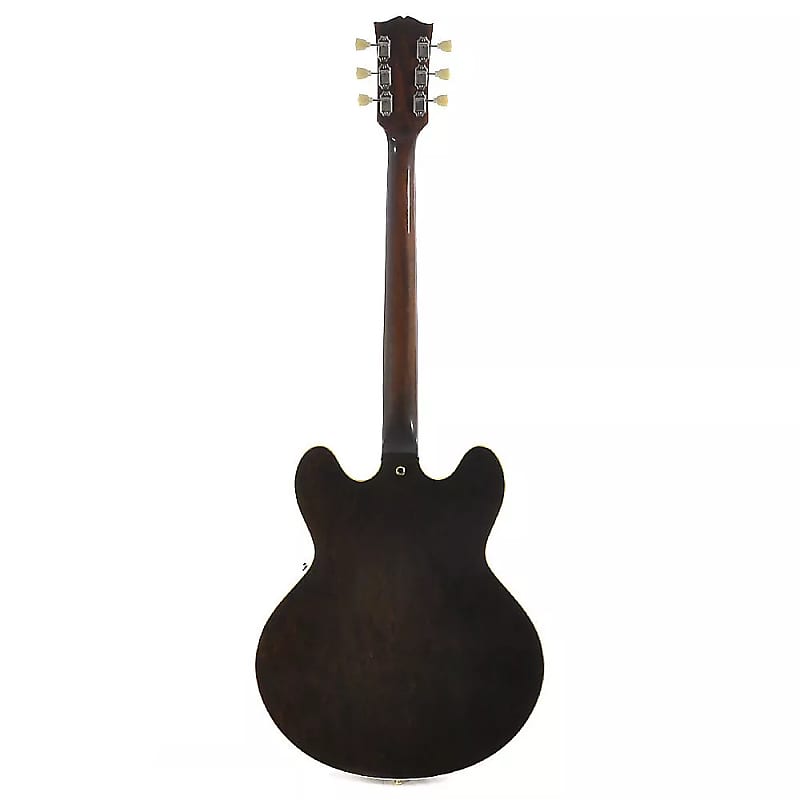
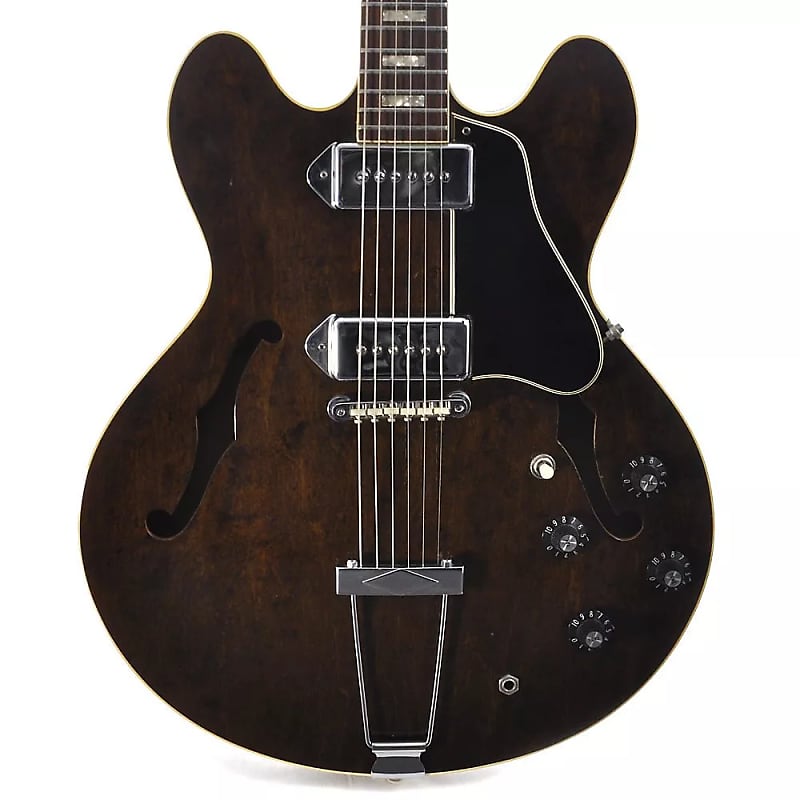
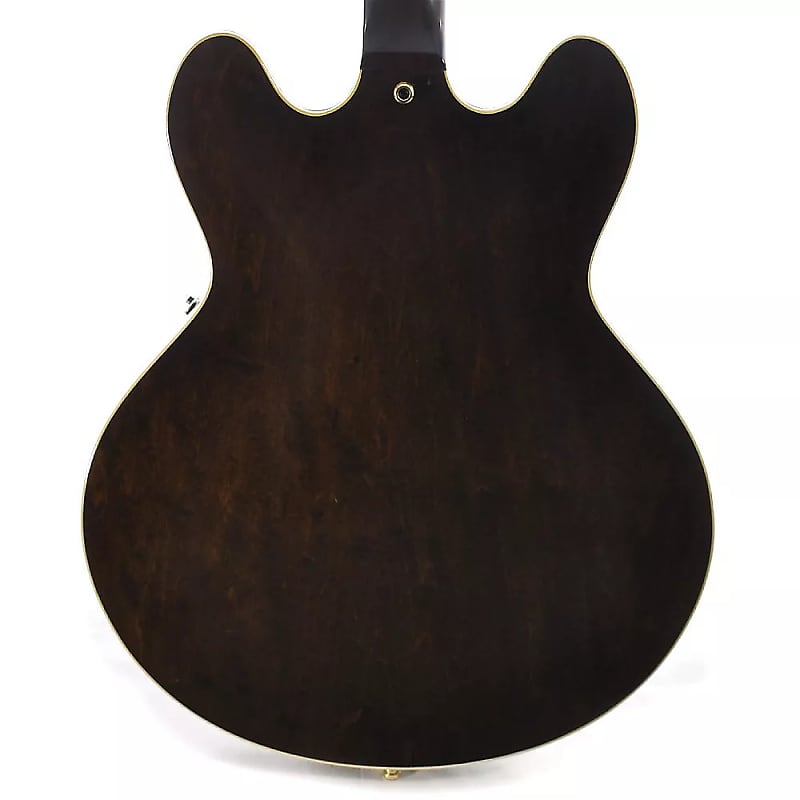
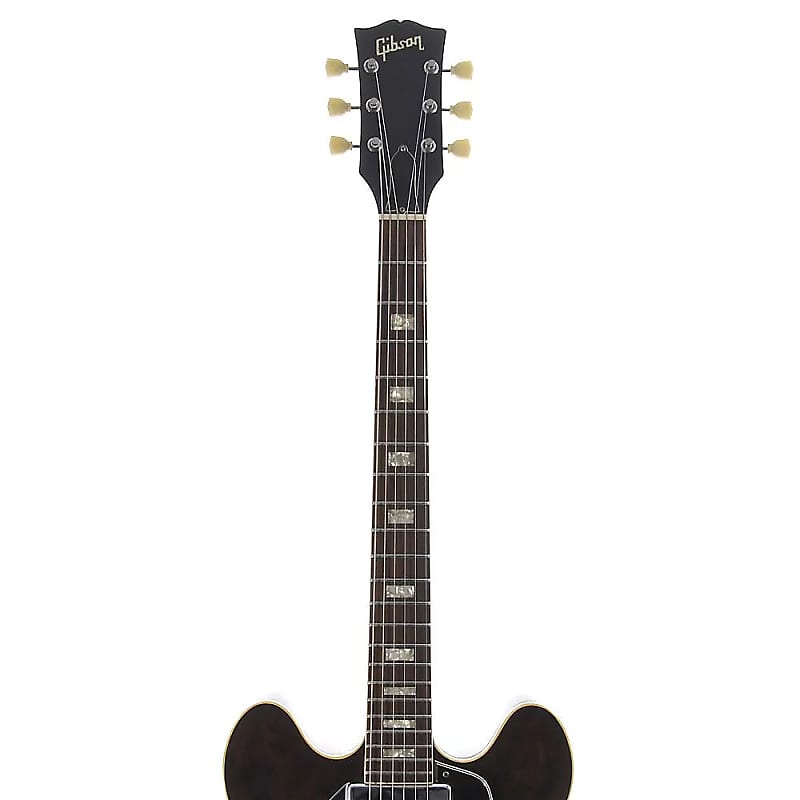
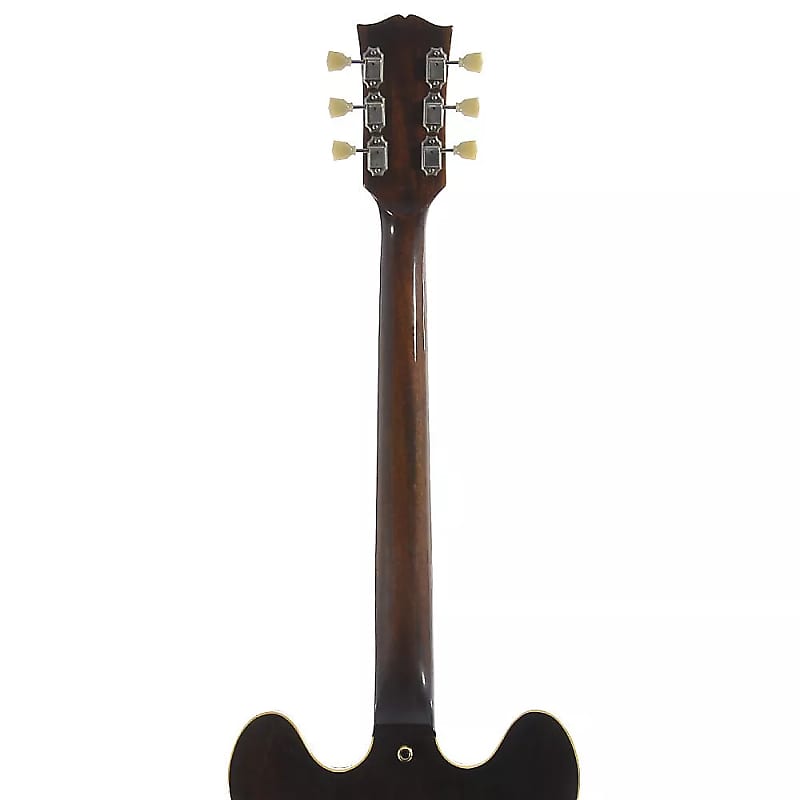
Product Specs
| Brand | |||||
| Model |
| ||||
| Finish |
| ||||
| Year |
| ||||
| Made In |
| ||||
| Categories | |||||
| Body Material |
| ||||
| Body Shape |
| ||||
| Body Type |
| ||||
| Bridge/Tailpiece Type |
| ||||
| Color Family |
| ||||
| Finish Pattern |
| ||||
| Finish Style |
| ||||
| Fretboard Material |
| ||||
| Model Family | |||||
| Model Sub-Family | |||||
| Neck Construction |
| ||||
| Neck Material |
| ||||
| Number of Frets |
| ||||
| Number of Strings |
| ||||
| Pickup Configuration |
| ||||
| Right / Left Handed |
| ||||
| Wood Top Style |
| ||||
Overview
The Gibson ES-330 is a fully hollow double cutaway, meaning it lacks the center wood block found on its semi-hollowbody counterpart, the ES-335. Also in contrast to the 335, the 330 was built with a pair of P-90 pickups as opposed to humbuckers. The actual model number of this guitar is the ES-330TD: the TD stands for thinline double pickup. Those with a designation of ES-330T only have one pickup.
Years of Production: 1959 - 1972
Body Style: Hollowbody, double cutaway
Wood Composition: Maple body, Rosewood fingerboard
Design Elements: Two P-90 pickups, Tune-o-matic bridge, trapeze tailpiece, block inlays
Finish Specification: Walnut was introduced for the ES-330 in 1968.
Notable Players: Martin Barre, Grant Green
Years of Production: 1959 - 1972
Body Style: Hollowbody, double cutaway
Wood Composition: Maple body, Rosewood fingerboard
Design Elements: Two P-90 pickups, Tune-o-matic bridge, trapeze tailpiece, block inlays
Finish Specification: Walnut was introduced for the ES-330 in 1968.
Notable Players: Martin Barre, Grant Green
Price Guide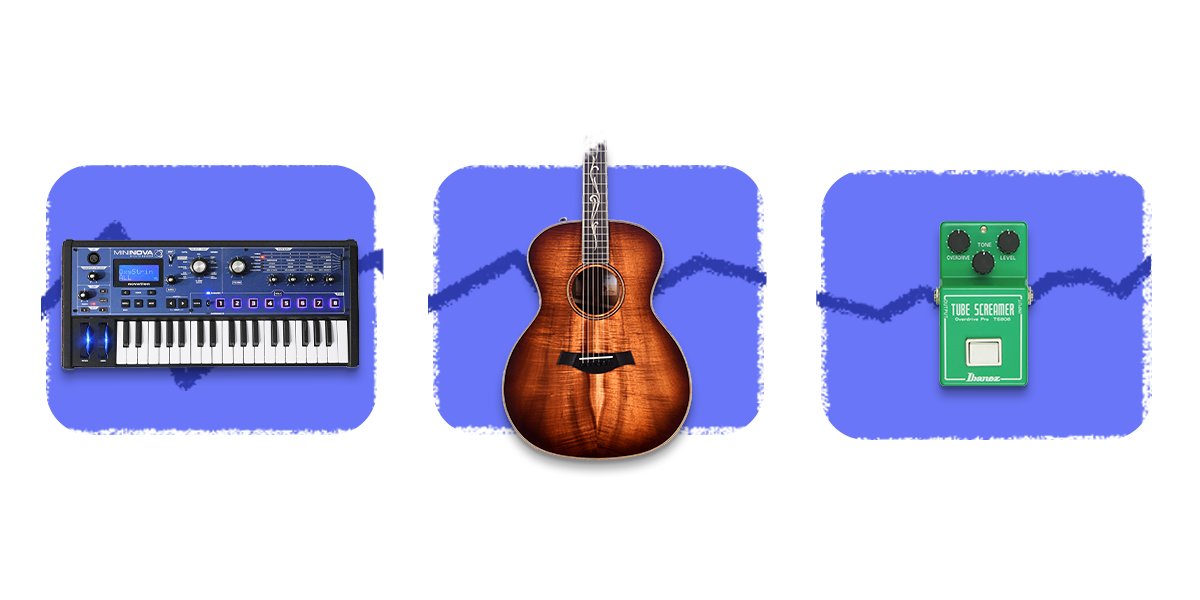
*Excludes Brand New, B Stock, Fair, Poor, and Non-functioning. Prices exclude shipping and tax/VAT/GST.
